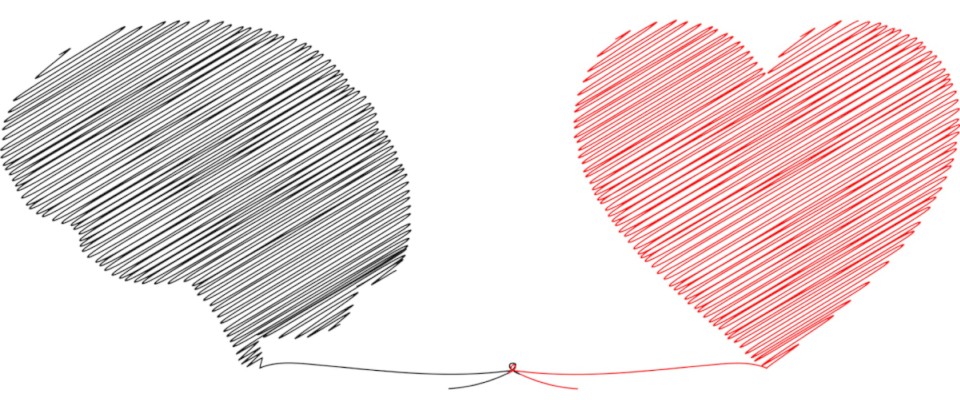Over the past five weeks, I took part in a series of calls under the heading of “Warm Data Labs“. The participants, broken out into groups of 3 or 4 people at a time and shuffled three times per call, were asked to answer open ended questions such as: “how are you tending to …?”, or “what is relevant for you in …?”. Each time a new shuffle took place, the question applied to a different set of three areas. As Nora Bateson explained at the end of the first call, people can learn how to broaden their perspective and make new connections—between topics/areas as well as with other people’s perspectives.
How does this relate to “The Expanse“? After watching all of the currently available episodes, I felt compelled to read the book series, and last week I started book 5, “Nemesis Games”. The truth I am referring to in this post’s title is: humans in the future are likely to still be squabbling about who gets to control what—telling other people what to do—unless we finally come to grips with the conundrum of wanting both control and autonomy.
On a motivational level, humans seem to demonstrate an unquenchable appetite for wanting and liking control. No matter what we discover, it seems inevitable that we will put our knowledge to use such that we extend our capability of manipulating our environment. I guess it is fair to say that, to some extent, all life acts this way. Humans however seem to be addicted to their ability to get on top of things. At least I cannot think of any non-human animal that would show signs of OCD or being a control freak. And whenever things do not go our way, we often experience strong negative feelings.
Compounding the problem, humans not only wish to control their non-living environment. I would wager a guess that our innate desire for control is, to a large extent, based on our fear of what others could do to us. As a member of a self-conscious species, I have an intuitive understanding of how it feels for me wanting to control someone else’s actions. There is an experience of power that accompanies the thought of being in a position of telling someone else what I want them to do, and that person having to do as I say. Equally, whenever I experience a demand coming from someone, I feel the power differential on the receiving end.
That’s where the dilemma sets in: over the past (tens of) millennia, humans have created socially accepted power structures. Within those, we label certain people as “having the right to be in control”—either by virtue of their presumed abilities, or simply because of some ascribed property, like being a descendent of or blessed by God in a certain way. And we generally overlook the exact details of this process, because it is all around us. If my boss asks me to perform a certain task, there is a strong expectation in the cultural norms that I will do so, regardless of how I might feel about the request.
How does this matter? Well, the truth I mentioned present in the Expanse book series is that without undergoing some deep transformation, it seems highly unlikely to me that we will make it as far as in the books. In a way, the truth is not directly told in the story. Instead, it can be inferred from it. The characters demonstrate, again and again, what people who are vying for power do to one another. And it is this realism of human behavior—even if occurring within a fantastic future of humanity living “in space”—that makes the series such a page-turner for me.
It is difficult for me to come up with a concrete, positive vision for the next generations of humans. How can we replace our current systems of power? Intuitively, I feel that if humanity does not find a way to reduce our addiction to power, we might not be around much longer. I would like that transformation to incorporate more collaborative approaches to collective decision making. Some models have been proposed that seem promising, like sociocracy. One critical element is fairly simple: everyone who is affected by a decision will get a voice in it—at least via consent.
In a way, this also reminds me of how I imagine the communication between my body parts functions. While there is a brain, a central decision making unit, whenever decisions are made that are bad for some other part of my body, there is a strong feedback channel that prevents the thinking part of me, my brain, from damaging the other parts, my body.
If we remain committed to a governance model in which the governed only occasionally get to decide which relatively incompetent people they will accept temporarily—with little enthusiasm, it would seem—then I have little hope that humanity will find a path forward that will work for everyone at least reasonably well.

I really enjoyed the Expanse series (i haven’t read the books), but as you said it does not bode well for us in terms of long term survival unless some kind of transformation happens. That said, you mentioned the body. It made the transformation from single cells, maybe there is hope.